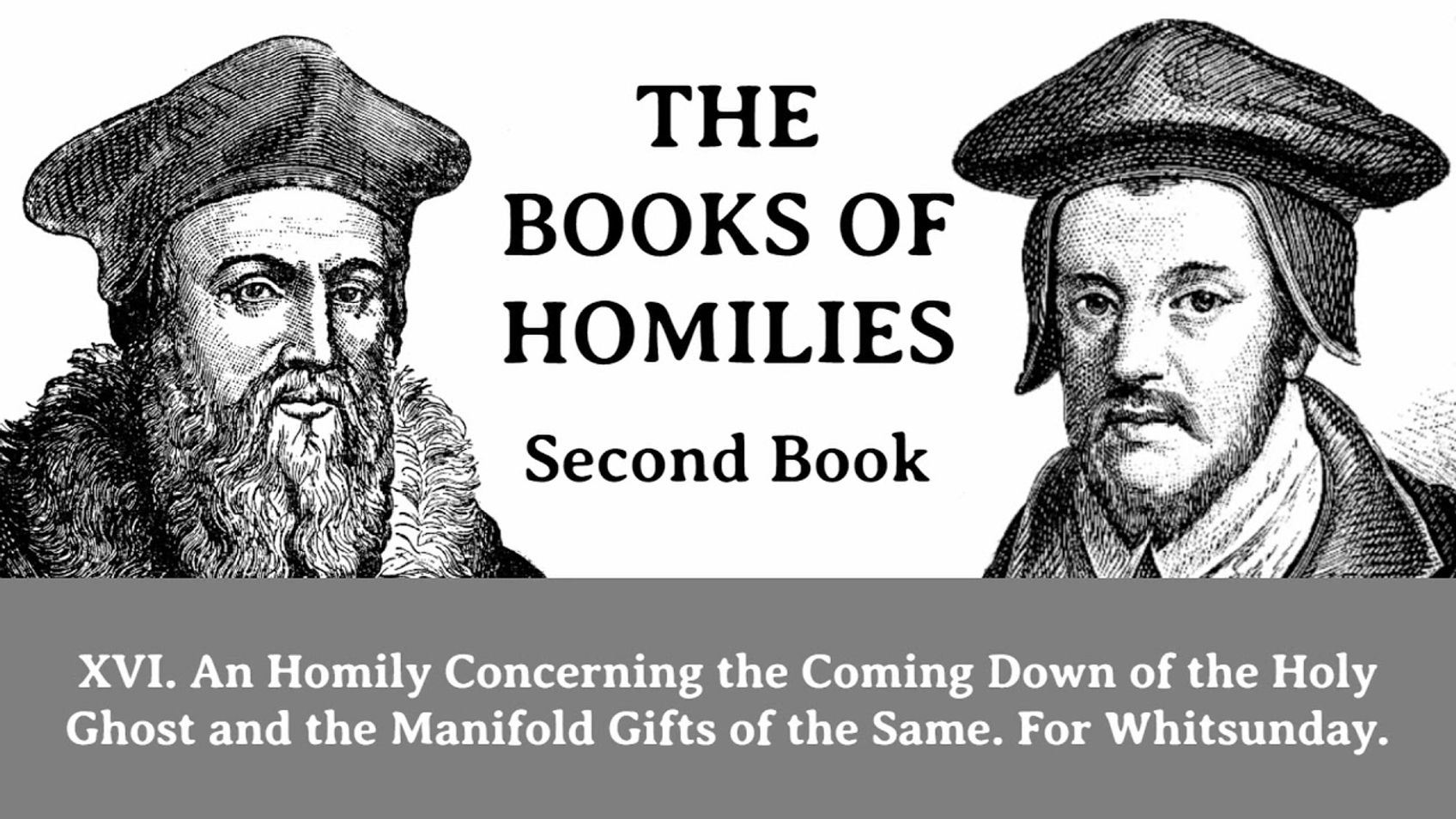
THE BOOKS OF HOMILIES: Book 2—XVI. An Homily concerning the coming down of the holy Ghost
Alastair RobertsTHE BOOKS OF HOMILIES: Book 2—XVI. An Homily concerning the coming down of the holy Ghost

For the Easter season, I am reading the Books of Homilies, using John Griffiths' 1859 edition (https://prydain.files.wordpress.com/2012/09/the_two_books_of_homilies.pdf).
If you have enjoyed my output, please tell your friends. If you are interested in supporting my videos and podcasts and my research more generally, please consider supporting my work on Patreon (https://www.patreon.com/zugzwanged), using my PayPal account (https://bit.ly/2RLaUcB), or by buying books for my research on Amazon (https://www.amazon.co.uk/hz/wishlist/ls/36WVSWCK4X33O?ref_=wl_share).
The audio of all of my videos is available on my Soundcloud account: https://soundcloud.com/alastairadversaria. You can also listen to the audio of these episodes on iTunes: https://itunes.apple.com/gb/podcast/alastairs-adversaria/id1416351035?mt=2.
More From Alastair Roberts
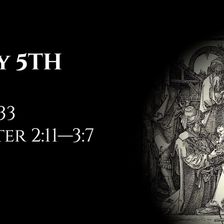
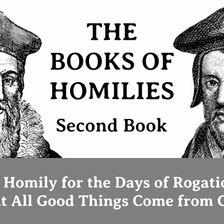
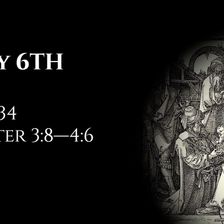
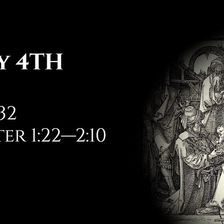
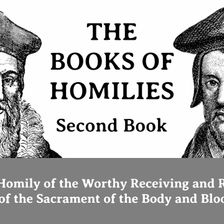
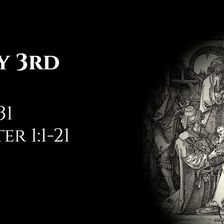
More on OpenTheo














